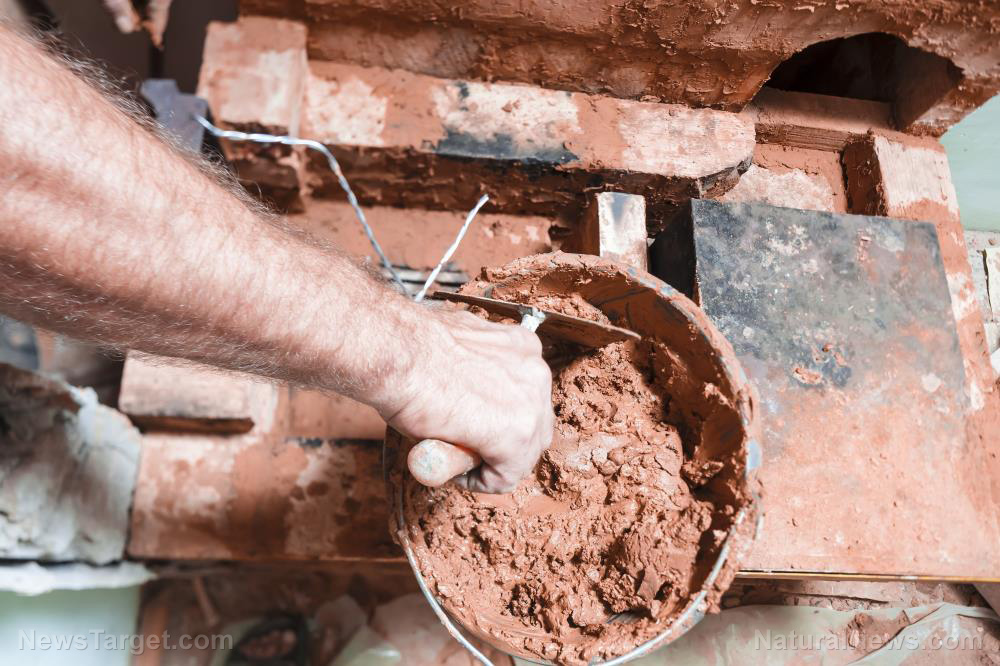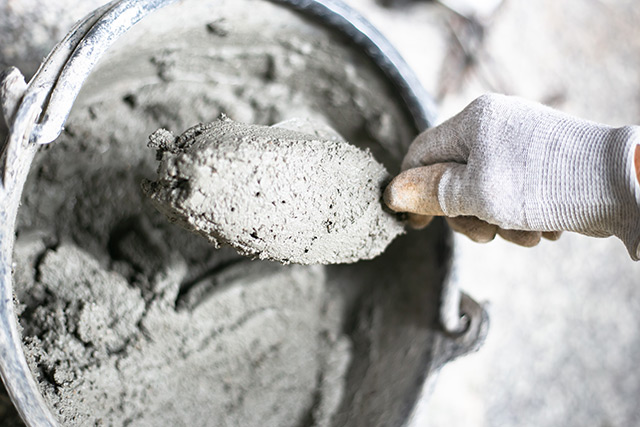
Preppers need to make sure their toolboxes are also ready for when SHTF. It's easy to forget to stock up on tape measures, speed squares, and at least one geometry textbook. But these simple construction tools and guides will quickly prove their worth in any building project.
A tape measure is essentially a compact ruler. It isn't as good as a stiff counterpart when it comes to serving as a guide for drawing lines. But a measure is much easier to carry around than a long ruler. When it comes to selecting a tape measure, always pick the widest one available. The wider measuring strip is not only sturdier, but it will extend further out before it eventually bends under its weight. With the help of a tape measure with a thick strip, a prepper may reach a building's protruding parts with greater ease and safety.
The lip at the end of the tape measure is movable. Its play matches the thickness of the tip. Some users may pull on the lip while making measurements. Others push on the tip instead. Whatever they do, the lip compensates by moving to ensure the reading remains accurate.
A prepper must be careful when using a tape measure. If the tool rolls up uncontrollably, the user may get a cut or gash. Injuries caused by a dirty tape may develop an infection. In an SHTF scenario, an infected wound might prove to be dangerous. Whenever possible, get a tape measure with an automatic locking function as the personal measuring tool. These models stay locked unless the user depresses the lever, making it much less likely to lose control. (Related: 10 Survival skills everyone needs to know.)
The speed square, the construction multitool
What the slide rule is to math, the speed square is to construction. They are accurate and versatile tools for measuring and calculating objects of interest in their particular fields. A speed square combines the functions of a ruler, a Try square, a protractor, a line scribing tool, a board ripping guide, and a saw guide for 90- and 45-degree cuts. Also called a rafter's square or triangle square, it is the brainchild of a Chicago native named Albert Swanson, the founder of the Swanson Tool Company.
A plastic speed square costs only a few dollars. The metal version of the measuring multitool bumps the price up around three or four times, but it is much sturdier. Whatever the material that comprises it, a speed square will often have a surprisingly comprehensive user's manual bundled with it.
Take the time to read the manual. It contains details on how to get the most out of the speed square. The manual may also have other information such as tables for the length of common, hip, and valley rafters. Store the speed square on the belt that holds the construction tools. A prepper will want it and other multitools handy at all times.
Definitely pick up a used geometry textbook, but don't rush for a framing square
A prepper library needs at least one textbook on geometry. Builders and carpenters need a decent understanding of this branch of mathematics. No need to buy the newest issue: Get a used geometry textbook. The math hasn't seen drastic changes over the last few centuries.
Last and least is the Johnson framing square. Also called the steel square, it is mainly used for large-scale construction projects, such as building a walk-in cooler. Since it is a highly specialized tool, the framing square is not a priority for a prepper toolbox. Still, if it may be acquired for dirt cheap, it won't hurt to get one.
Sources include:
BeansBulletsBandagesAndYou.com
Please contact us for more information.





















